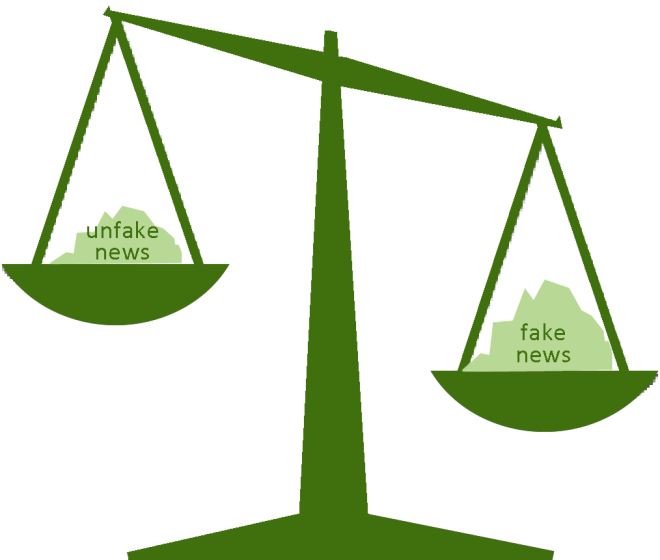Our education system – The weight of evidence & the human species
 “If it leads it bleeds,” is a TV journalism phrase that describes the ratings/page views phenomenon that feeds the sensationalist nature of modern media and social media. While many of us don’t like what it reveals about us, we understand the realism of our mundane day-to-day lives and our fascination with tragic news. We’re human, we’re stressed or tired, we do what’s easy. We chat about what’s in the news, whether it’s bleeding, or the Trump show.
“If it leads it bleeds,” is a TV journalism phrase that describes the ratings/page views phenomenon that feeds the sensationalist nature of modern media and social media. While many of us don’t like what it reveals about us, we understand the realism of our mundane day-to-day lives and our fascination with tragic news. We’re human, we’re stressed or tired, we do what’s easy. We chat about what’s in the news, whether it’s bleeding, or the Trump show.
OBAMA & LETTERMAN
There was a moment during a mostly tame recent Netflix discussion between Barack Obama and David Letterman when they touched on media polarization and mentioned a cause and an effect.
First the effect: We live in a bubble that reinforces our current beliefs. Every time we click ‘like’ or sign up to another site, show, station or feed that makes assertions we already agree with, we limit the amount of balance in our world view.
The cause: That site or feed or TV station generates revenue by targetting a kind of ‘profile person’ that will behave as needed: revisit, comment, click through and or buy services, products and ideas. Whatever your online activity is, the ‘big data’ algorithms are creating your ‘profile persona,’ defining you as an audience member or customer of a certain kind.
The result is that we can’t really blame Donald Trump for Donald Trump. We need to understand that he is a product of this bubble world. The 62 million who voted for him believed in a different set of ‘facts’ or a different version of reality than those who did not. They truly believed that tighter immigration laws will make us safer, that saving the coal mining industry is smart economics, that bluster, bluffing and insults are better for world leaders than more nuanced approaches.
The future: The probability is that growing numbers and also a growing proportion of the world’s population will be living and working with internet-based technology. People may eventually be more involved in decision-making about the way we should live. If this happens we need to be better equipped, with more balanced frames of reference, fewer fast-held bubble-based beliefs, less polarized, more willing to take our assessment of reality seriously as a part of responsible living.
The solution: How? It starts in Kindergarten or sooner. There’s something new needed at every level in our education system. We need to learn a few important Internet/media/social media skills. We need to learn about the weight of evidence. We can all find ways to cleverly (or ridiculously) argue about a given ‘fact,’ but what we really need to be able to assess is the weight of evidence.
It’s fun and usefully stimulating that we have a Flat Earth Society, but the weight of scientific evidence suggests that the world is indeed round, that gravity is real, that smoking causes cancer, that texting leads to car crashes, and so on.
If someone wanted to debate any one of these, would you be able to refute their arguments with a few clicks on the internet? That’s what we need to learn to be able to do. Sort quickly through a gazillion terabytes of info and inform our viewpoints in a balanced way.
Obviously busy people don’t have time to be perfectly up to date on every issue, but we can try to do better. One way is to choose our sources more carefully and set them up for quick access. We know that the Washington Post, Economist Magazine, United Nations, and the International Panel on Climate Change each have their biases, are human, and might not be perfect. But we also know that they make serious attempts to arrive at assertions based of the weight of evidence. They make it their business to review many sides of a question before publishing what they consider to be a reasonable version of the truth.
Maybe you think these four are not the best examples. It doesn’t matter. The point is that you could do worse and a lot of people are doing worse. We’re choosing terrible sources for our information. In the modern world everyone needs training, from an early age, about the weight of evidence and best practices for evaluation of information sources.
